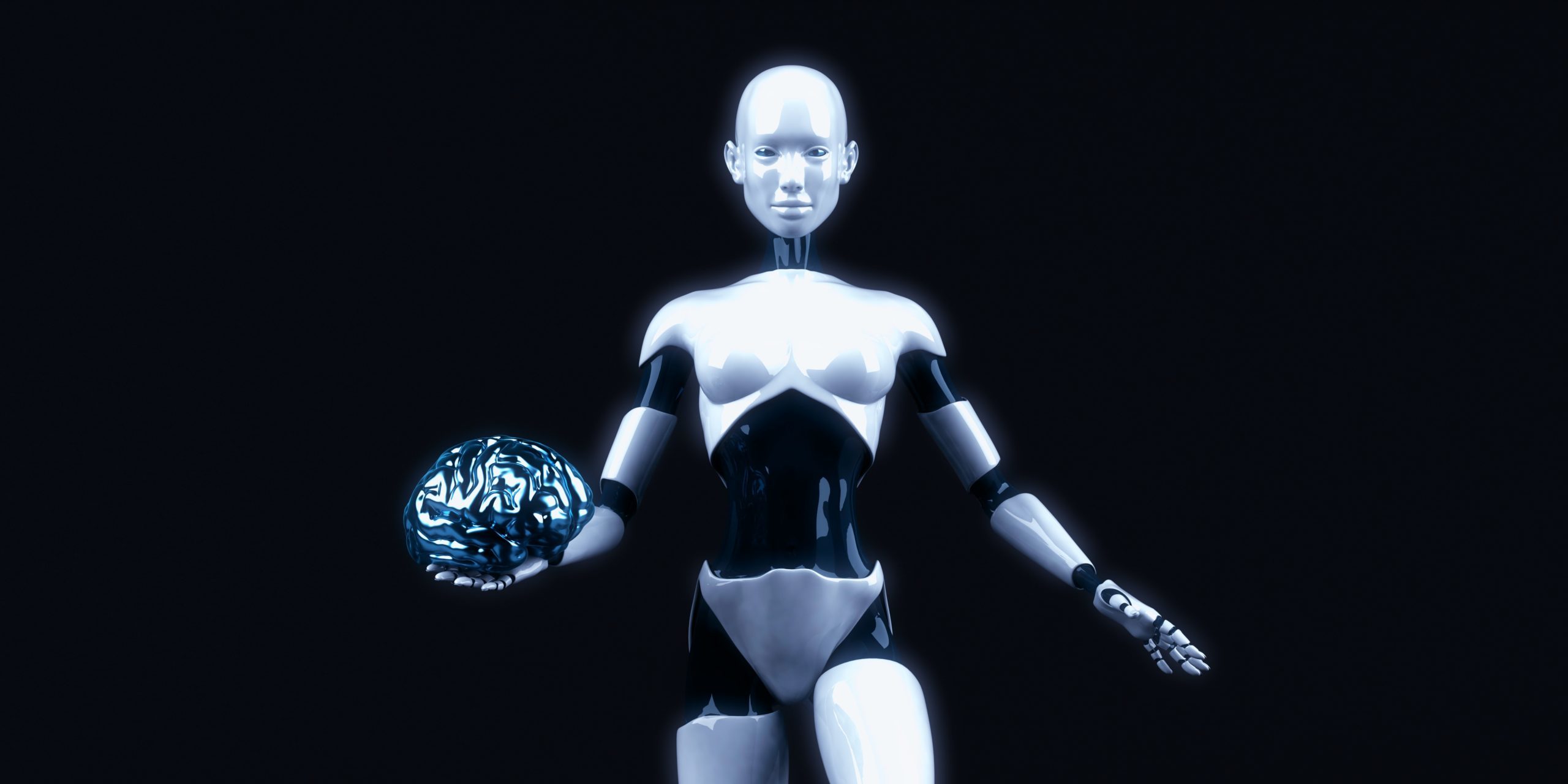Photo by julien Tromeur on Unsplash
Artificial Intelligence (AI) has been making strides in the music industry, but recently, a significant development has put the spotlight on its implications. A track featuring the vocals of popular artists Drake and The Weeknd, created through AI, has been ruled out from eligibility for the Juno Awards. This decision has sparked numerous conversations about the role and influence of AI in music.
The Track in Question: “Heart On My Sleeve”
“Heart On My Sleeve” is an AI-created track that uses the voices of Drake and The Weeknd. This song has gained infamous status as it brought to the fore the potential of AI in creating music. However, it has also raised questions about the authenticity and legitimacy of such tracks.
“Heart On My Sleeve,” the infamous AI-made track featuring the voices of Drake and The Weeknd won’t be eligible to contend at the Juno Awards.
As per reports, the Canadian Academy of Recording Arts and Sciences has deemed the track ineligible for the Juno Awards. This decision is based on new rules concerning “AI Eligibility” set forth by Allan Reid, the president and CEO of the Academy.
According to The Globe and Mail, Allan Reid, the president and CEO of The Canadian Academy of Recording Arts and Sciences, implemented new rules concerning “AI Eligibility” that explained songs can use AI, but it can’t be the “sole or core component” of the track.
The New Rules from the Canadian Academy of Recording Arts and Sciences
According to Allan Reid, the new “AI Eligibility” rules stipulate that while songs can incorporate AI, it can’t form the “core or sole component” of the track. In layman’s terms, AI can be a tool in the creation process, but it can’t be the primary creator itself.
This rule essentially disqualifies “Heart On My Sleeve” from contention as the track primarily uses AI-generated voices that mimic Drake and The Weeknd.
“It’s ‘Drake and the Weeknd’ – but that’s not them,” Reid said. “That is not their voices; those are AI-generated voices.”
While the new rules seem to draw a clear line, they also leave room for interpretation. Allan Reid acknowledges that the past year has been a learning curve for the organization. The new rules, he says, serve as a “baseline” for them to work off of.
“We want to make sure that we have humans being recognized,” Reid added. “We can’t be awarding an AI project a Juno.”
The Implications for Music Industry
The barring of “Heart On My Sleeve” from the Juno Awards highlights a significant issue in the music industry – the role of AI in music creation. With AI becoming more sophisticated, its use in the industry is inevitable. However, the decision by the Canadian Academy of Recording Arts and Sciences underscores the need to distinguish between human creativity and AI-generated content.
In the case of “Heart On My Sleeve,” the song did not meet the new requirements set by the Juno Awards because the producer is not Canadian. Even if a song like this were to meet the criteria, it would still prompt a “deeper look” from the Junos, indicating the ongoing debate about the role of AI in music.
Despite the controversy surrounding “Heart On My Sleeve,” the song has gained considerable attention. In the US, the song’s producer submitted it for consideration for the Grammys. However, it was deemed ineligible because it wasn’t conventionally distributed.
The implications of AI in music go beyond awards eligibility. As AI technology advances, it is likely to play an increasingly influential role in music creation. This raises questions about originality, authenticity, and the very nature of creativity.
As the world grapples with the implications of AI in various fields, the music industry is no exception. The case of “Heart On My Sleeve” serves as a cautionary tale, highlighting the need for ongoing discussions and regulations surrounding the use of AI in music.
Looking Ahead
The barring of “Heart On My Sleeve” from the Juno Awards has sparked a conversation about the future of music in the age of AI. As we move forward, it’s clear that the music industry needs to find a balance between embracing technological advancements and preserving the essence of human creativity.
While AI can serve as a powerful tool for artists, it’s essential that it doesn’t overshadow the human element in music. After all, music is a form of human expression, and it’s the human touch that makes it truly resonate with listeners.
The controversy surrounding “Heart On My Sleeve” provides a valuable lesson for the music industry. As we navigate the intersection of technology and creativity, it’s crucial to establish clear guidelines that respect both human artistry and technological innovation. Only then can we ensure a harmonious future for music in the age of AI.



